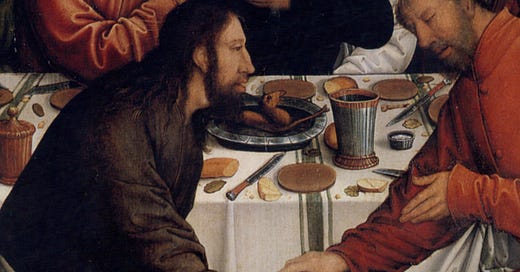
In a 1946 Sewanee Review essay, “What Is Minor Poetry,” T.S. Eliot (1888–1965) takes up the “very interesting” case of George Herbert (1593–1633). The general theme of Eliot’s essay is that of the anthologized poet, the poet whose work people chiefly know in the context of a selected and limited presentation, like the small-bite items that make up a tapas-bar menu. But what is it about Herbert in particular that makes him, in Eliot’s view, so very “interesting?”
Herbert, Eliot says, might too easily be dismissed as a minor poet on the basis of the eccentric small-plate offerings of his work which anthology readers are likely to know. “Easter Wings,” for example, with its odd pattern-poem formatting, is the sort of poem a reader might run his or her eyes over, attracted by its shape on the page, then — not having read it that carefully — quickly forget. Given only that exposure to Herbert, one might well come away with…
Keep reading with a 7-day free trial
Subscribe to Poems Ancient and Modern to keep reading this post and get 7 days of free access to the full post archives.



